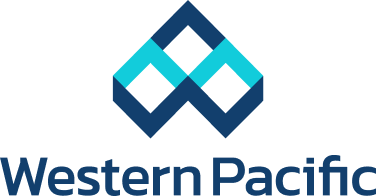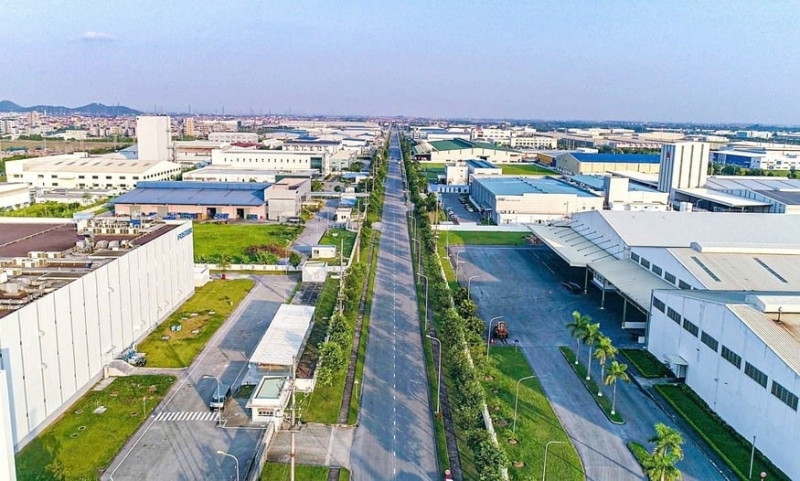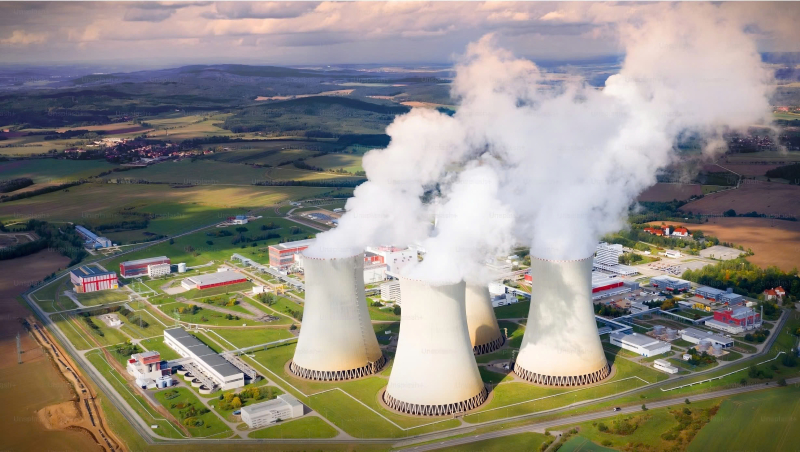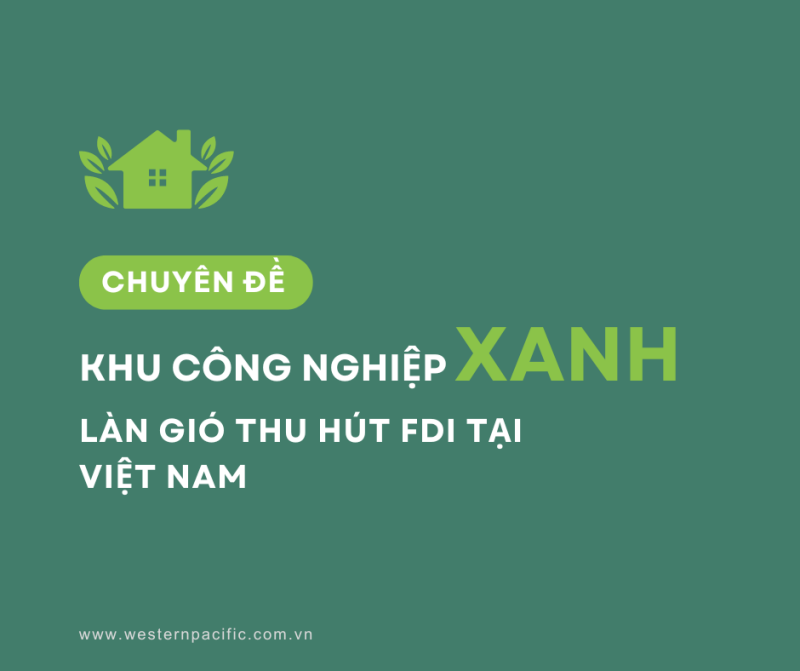Rising Oil Prices Drive Up Global Logistics Costs
On January 10, the U.S. Department of the Treasury announced large-scale sanctions targeting Russia’s energy sector, including major oil companies like Gazprom Neft and Surgutneftegaz. This move aims to disrupt Moscow's efforts in the conflict with Ukraine and strip away billions of dollars in monthly oil export revenue.

Analysts predict these sanctions will significantly reduce Russia's crude oil exports, forcing major importers like China and India to seek alternative supplies from the Middle East, Africa, and the Americas. This shift not only drives up global oil prices but also increases logistics costs, particularly in maritime, land, and air transportation.
The sharp rise in fuel prices has directly pressured businesses. Many companies have been forced to adjust product prices to offset costs, negatively affecting consumer purchasing power. At the same time, higher operational expenses make it challenging for companies to manage cash flow and maintain stability.
The risk of supply chain disruptions has become an imminent threat as businesses struggle to balance costs and market demands. This not only reduces competitiveness but also poses significant challenges to the sustainability of global business operations.
Vietnam: A Strategic Hub for Global Supply Chains
Vietnam, with its geographical advantage near major transportation routes and a modern network of seaports, is emerging as an attractive destination for international businesses. Logistics companies can optimize performance and reduce costs amidst rising freight rates, while manufacturing firms gain opportunities to expand partnerships.
The Vietnamese government is actively implementing favorable policies and attracting investments by building modern infrastructure, ranging from transportation networks to industrial parks and logistics hubs. These efforts enhance competitiveness and boost FDI inflows.
In light of rising oil prices and logistics costs, optimizing supply chain productivity and developing effective cost management strategies have become top priorities for businesses to maintain their competitive edge and stability in a volatile global market.
Logistics Industrial Clusters: A Comprehensive Solution for Supply Chain Optimization
Logistics Industrial Clusters (LIC) are recognized as a comprehensive and effective solution to help businesses overcome current challenges.
With an integrated supply chain ecosystem—from factories and warehouses to transportation services—coupled with high-quality infrastructure meeting international standards, LIC minimizes transit distances and reduces logistics costs. This model also fosters effective supply chain collaboration, ensuring seamless coordination among partners and suppliers to optimize resources and eliminate unnecessary expenses.
LIC projects are strategically located at key transportation nodes near seaports, airports, and major highways. This advantageous positioning enables businesses to optimize trade and reduce delivery times.
Furthermore, guided by ESG (Environmental, Social, Governance) principles, LIC projects prioritize renewable energy applications and environmental protection measures, reducing emissions and building a green supply chain. This approach not only delivers long-term cost savings but also meets global sustainable development standards.
As energy market fluctuations impact global logistics, Vietnam has an opportunity to assert its role in the global supply chain, attract investment, and drive sustainable economic growth. The LIC ecosystem not only helps reduce operational costs and optimize performance but also provides flexible adaptability to global fluctuations, laying the foundation for businesses to maintain competitiveness and achieve long-term growth.
Do you need support?
Our team of experts is always ready to support and provide customers with optimal solutions! Contact us















